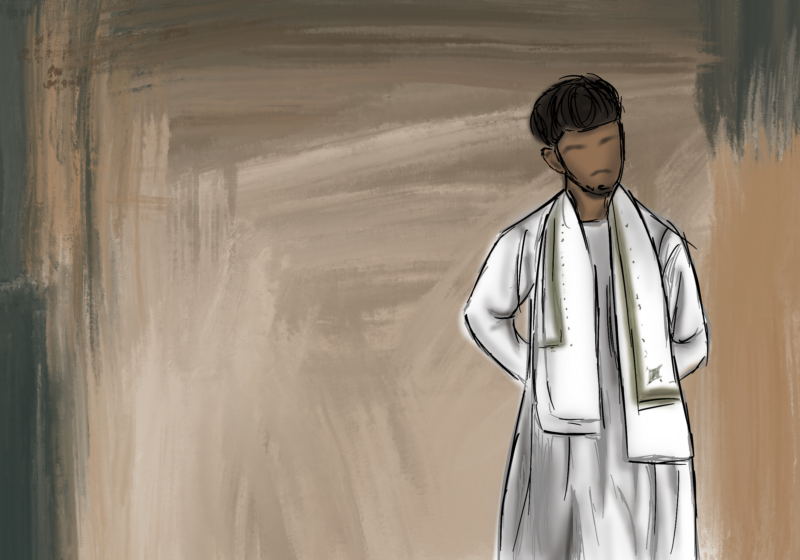Paul McCartney’s latest album ? Driving Rain, released Nov. 13 ? is a relatively simple one with a smooth, flowing pace in songs like “From A Lover To A Friend” and “She’s Given Up Talking.”
In tune with McCartney’s previous work, the musician makes a constant effort to avoid falling into the same characteristic ruts, and in Driving Rain McCartney brings both the occasional 5/4 bar and an added rawness to his voice, most audibly noticeable in the last track of the album, “Rinse the Raindrops.”
This rawness helps make this album McCartney’s heaviest rock since “Helter Skelter” or “Helen Wheels.” The first song of the album, “Lonely Road,” also features this rough feeling, finishing with a loud scream, making it seem similar to something one might expect from Neil Young ? not McCartney.
The album is not pure rock, however, as fans who adore the musician for his more trademark ballads will surely not be disappointed, as there is a wide range of musical styles in the record not heard since the Beatles’ White Album.
In fact, there is a great deal of romantic sentiment here, especially in songs like “Magic,” where he sings of his first meeting with his late wife Linda who died of cancer, and “From A Lover To A Friend,” which appears in the recent film “Vanilla Sky.”
While a ballad, one might be surprised how the song progresses to a great bass line, similar to the one found in the favorite “Come Together.”
This sort of transition marks the shift from grief to optimism that surrounds the record. The biggest ballad in Driving Rain is “Your Loving Flame,” which, although flowing and well sung, seems a bit lacking, much like a few other songs in the album.
Perhaps it is largely due to the spur-of-the-moment method used to record it ? the same method he used in his previous album, Run Devil Run, and as a member of the Beatles. The songs on this album just seem to be missing a sort of refinement that one would expect of the veteran singer.
While the album does certainly possess a raw feeling, it perhaps seems a bit half-baked.
For instance, in his ’97 release Flaming Pie, there is a sense of simplicity and flow in songs like “Somedays” and “Heaven On A Sunday” which is relatively unsurpassed in Driving Rain. This album also lacks the magic of Pie’s “Calico Skies,” with the gentle strumming of the guitar and smooth lyrics.
While he may have been trying to recapture the spirit of the Beatles by reverting to his old recording methods, it seems like he lost a bit of the fire in the process.
For example, the song “Freedom,” which is a bonus track on the album, is, while patriotic, not all that noteworthy.
The lyrics are all extremely simple, as is the melody to the
song, making one assume that he intended the song to be a sing-along.
If the lyrics or melody were a bit more complex, this song might have been able to stand on its own without its patriotic push.
The message is not lost, however, as it does nicely follow the rebirth and inspirational theme of the album. This particular song has been released as a single, as has “From A Lover To A Friend,” with the profits going to The Robin Hood Relief Fund, which benefits the survivors of the victims of Sept. 11.
The method is not entirely unsuccessful, as songs like “Back in the Sunshine Again” and “Riding Into Jaipur” are successful as a result of this quick recording method.
The former is a soulful track, letting the listener feel every gentle, soothing note of the melody with its slow, easy-going pacing. “Riding Into Jaipur,” while featuring repeated, simple lyrics, is extremely smooth, mostly due to the sitar-like sound from the guitar.
While there are certainly some songs that stand out from the rest, there are a few of which would have benefited from a little polishing.
Unfortunately, the song “Freedom” is attracting more attention than better ones such as “Lonely Road” and “Back In The Sunshine Again,” due to its patriotic content.
Despite this, McCartney will certainly hold his own with younger musicians when headlining the Super Bowl halftime show.
Schnee can be reached at cschnee@campustimes.org.





